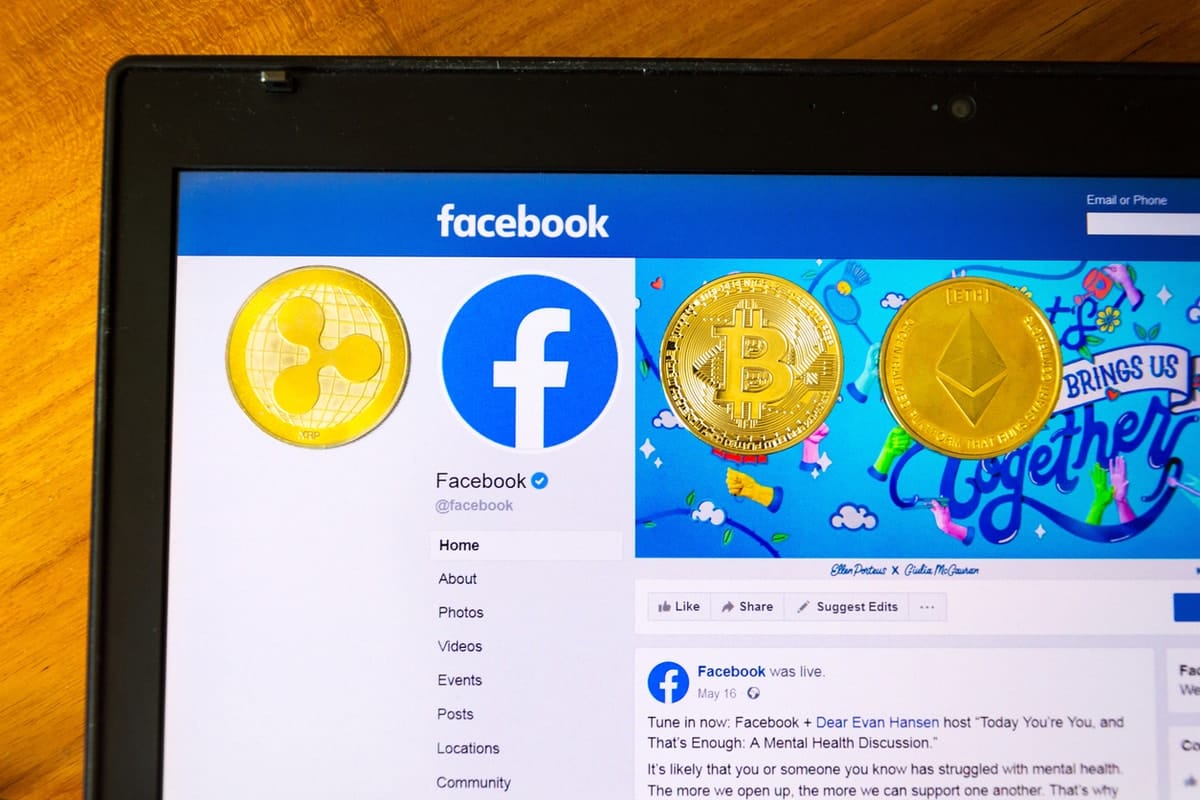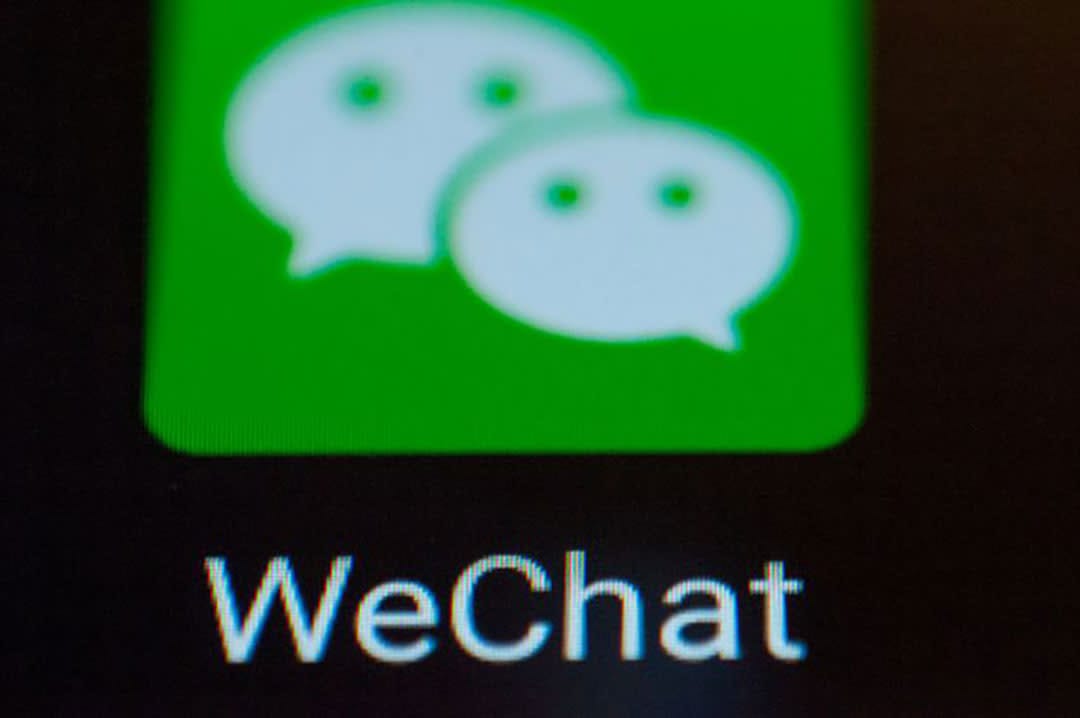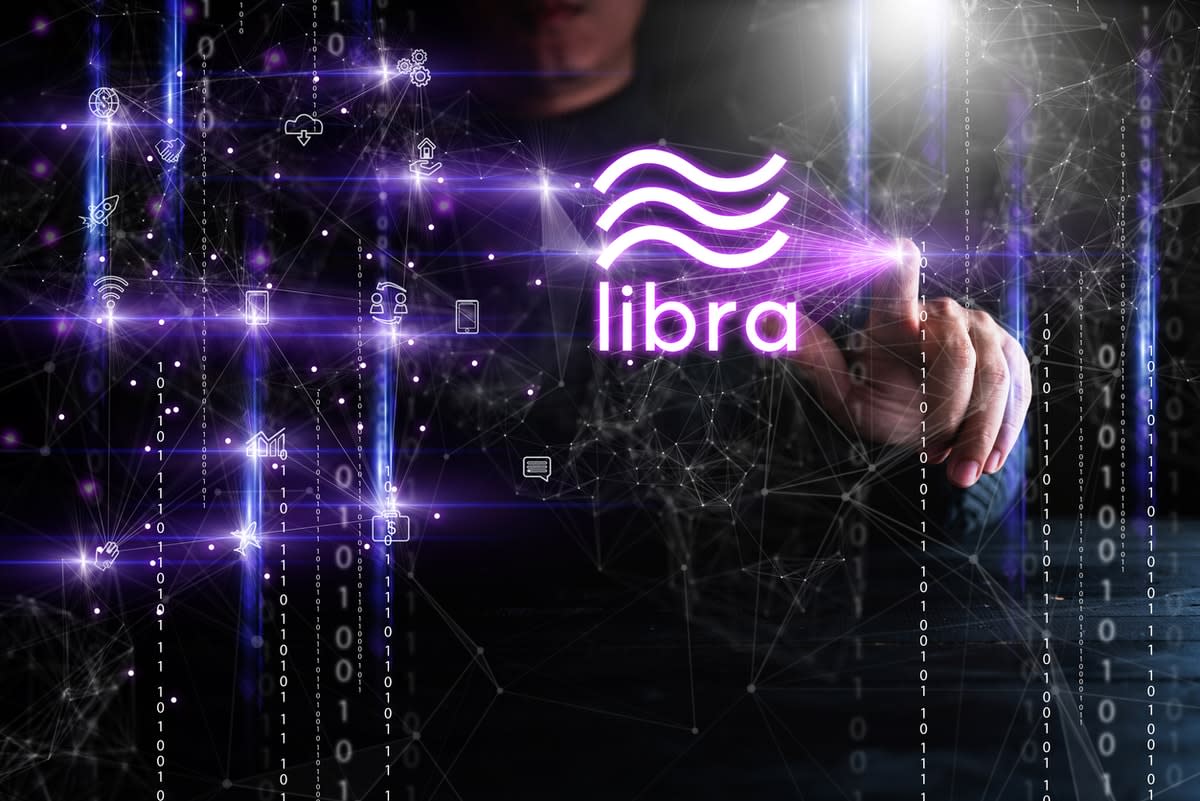
Cryptocurrency pioneer Joseph Liu has a simple message about Facebook’s plans to create its own currency: don’t be afraid.
WeChat, a social media service that incorporates a method for transferring payments, is already hugely popular in China. Dr Liu says Facebook’s plans for issuing Libra tokens will be an improvement on the WeChat model because its blockchain technology is both more secure and more open.

“In China, everyone uses WeChat to buy Coca-Cola, to buy coffee, to buy a train ticket – they don’t use cash. The taxi drivers don’t have any change for you,” he says.
The WeChat payment system allows money to be transferred without the need for banks. Facebook says Libra will be of particular benefit to the 1.7 billion people who don’t have bank accounts. The grand ambition is for Libra to form the basis of a new financial system.
Bitcoin, the world’s first and best-known digital cryptocurrency, was launched in October 2008, in the aftermath of the global financial crisis. Bitcoins are created and transferred without banks. Transactions are recorded in a secure publicly distributed ledger, called a blockchain.
“In terms of technology and safety concerns, blockchain provides a better solution than the WeChat system, which is a closed system,” Dr Liu says.
“WeChat is controlled by the Tencent company. If they say you have $1, then you have $1; if they say you $2, you have $2. It’s closed, so you can’t verify.”
In a blockchain, each transaction on the digital ledger is transparent. Where Libra will differ from most of the cryptocurrencies now in circulation is that its value will be linked to existing major currencies, such as the US dollar and the euro. It will be “a partially decentralised” cryptocurrency – everybody knows that it’s issued by Facebook – and therefore potentially easier to regulate than the fully decentralised bitcoin, Dr Liu says.
“Libra will have a stable price; it’s a stable coin,” Dr Liu says. “The target for Libra is not currency trading. It’s for the convenience of people who transfer money. Say I want to transfer money to my mum in Hong Kong. Currently, I need to go through the bank. But if we use this cryptocurrency I don’t need to do that – it takes only a few seconds for me to transfer the money.”

A game-changing initiative
Dr Liu predicts that Libra will not only disrupt traditional banking, but will act as a game-changer in the virtual currency world.
Since Facebook’s Libra announcement, the price of a Bitcoin has risen by US$11,000, and the value of other cryptocurrencies have seen a surge, too – including Hcash, the cryptocurrency Dr Liu devised with Dr Allen Au from Hong Kong Polytechnic University.
Dr Liu says Libra will allow people to become more comfortable with digital currencies generally – that they’ll buy Libra for daily dealings, and perhaps one of the other cryptocurrencies for investment purposes.
“The target for Libra is not currency trading. It’s for the convenience of people who transfer money."
Libra will be administered from Geneva by a non-profit entity, the Libra Association, and will be open to any company with a value of US$1 billion or more that’s willing to invest at least US$10 million. Twenty-eight have already signed up, including Uber, Mastercard and Booking.com. Facebook says its voting power will be limited to 1 per cent.
In its opening stage, the service will be accessible via an app called Calibra, available to anyone using WhatsApp (which is owned by Facebook) or Facebook Messenger. Calibra won’t be allowed to share any of its customer data with other Facebook divisions, Facebook says.
Libra tokens can be spent at any business that accepts them, and services will also convert Libra into traditional currencies and send the money to bank accounts if required.
Hurdles await
Before its launch in 2020, Libra will face regulatory hurdles. India has already said it won’t allow it to be used there. In the US and other jurisdictions, Libra could be blocked because of the potential for money launderers and other criminal enterprises to take advantage of the system, as they do with the existing cryptocurrencies.
In the US, Facebook is being investigated for multiple privacy violations, and may face billions in fines from the US Federal Trade Commission.
But Dr Liu says Libra will be launched regardless of what the legislators decide. “I don’t think they care if the government officially approves of it or not,” he says. “If it does approve, then you can use Libra to pay your taxes, but if it doesn’t, I can still use Libra to pay for an Uber.”





